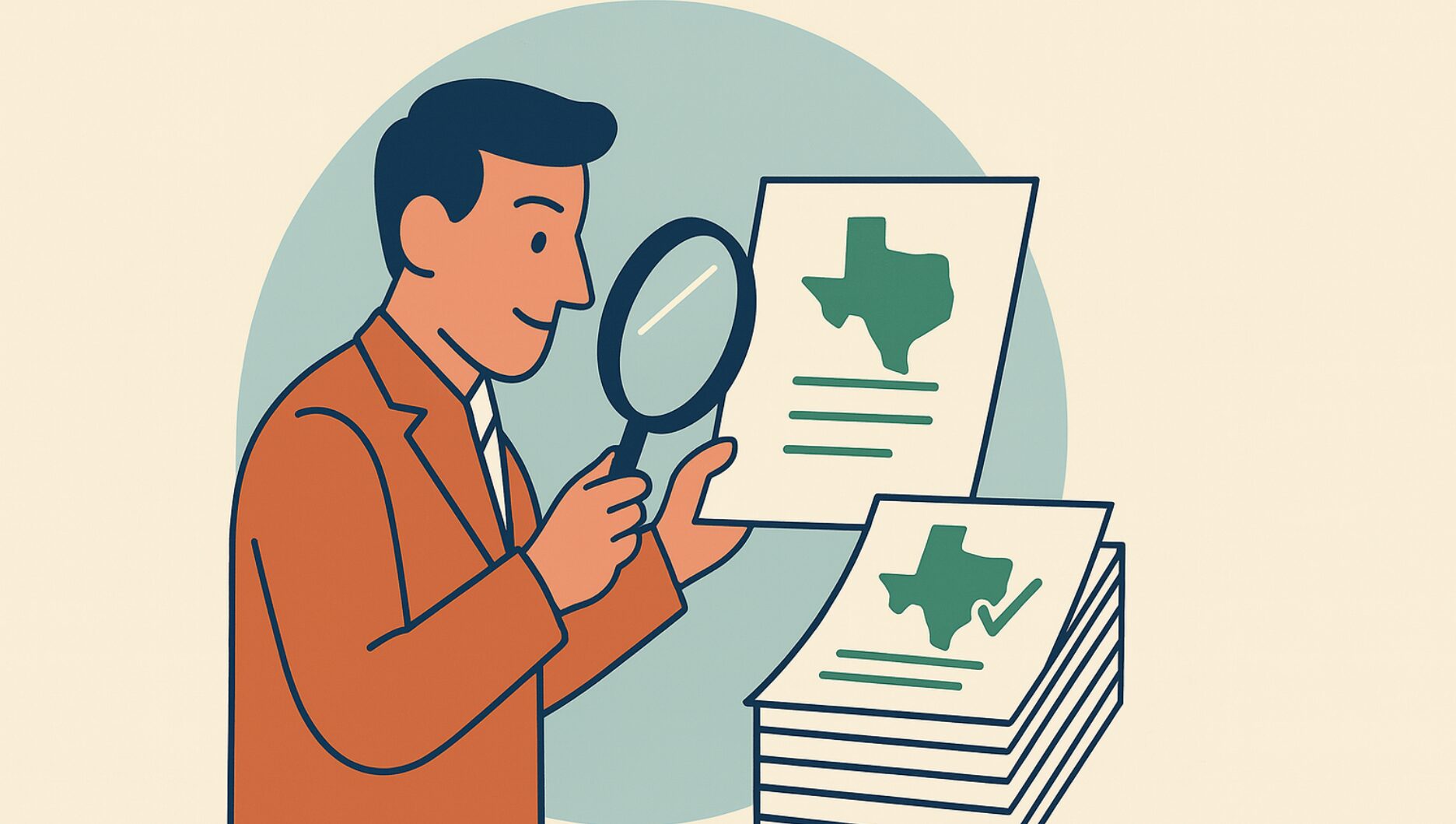Texas continues to lead as an economic powerhouse in the United States, but challenges persist. With the 2025 legislative session around the corner, it’s imperative that lawmakers address rising government spending, high property taxes, and regulatory barriers to ensure sustainable growth. The following analysis highlights where Texas stands today and what must be done to keep the Lone Star State competitive.
The State of the Texas Economy
Texas stands as a national leader in economic performance, with its real gross domestic product (GDP) growing by 4.2% in Q3 2024, ranking 9th nationally. This robust growth outpaced the national average of 3.1% and underscores the state’s resilience and business-friendly policies. However, with Florida growing at 3.3% (21st) and California at 3.1% (23rd), Texas leads but can’t sit on its laurels. Personal income growth in Texas remains strong, increasing by 4.0% in Q3 2024. This outpaces Florida’s 3.3% and California’s 3.1%, further highlighting the state’s economic strength.
In the labor market, Texas added 274,300 jobs year-over-year through November 2024, achieving an annual job growth rate of 2.0%, which outpaced the national rate of 1.4%. The civilian labor force reached a record 15.5 million, with a participation rate of 64.7%, the highest in a decade. Despite these gains, the state’s unemployment rate rose slightly to 4.2%, ranking 33rd nationally, behind Florida’s 3.4% (19th) but ahead of California’s 5.4% (49th).
Challenges Facing Texas in 2025
Despite its strengths, Texas faces critical challenges that could hinder its long-term prosperity. The state’s budget increased by a record 32% last session. This unsustainable trajectory risks undermining the fiscal stability that has attracted businesses and residents to Texas. Without immediate reform, this spending growth could necessitate higher taxes or reduce the state’s competitiveness.
Property taxes in Texas are among the highest in the nation, driven largely by the school district maintenance and operations (M&O) tax, which directly impacts homeowners and businesses. This tax discourages homeownership and investment, underscoring the need for substantial reform to provide relief and support economic growth.
Texas also lags in regulatory efficiency. Overly burdensome occupational licensing requirements and delays in permitting processes stifle entrepreneurship and innovation. In contrast, Florida’s streamlined regulatory framework has created a more dynamic business environment.
The state’s business franchise tax, or margins tax, continues to act as a barrier to small business growth and investment. Eliminating this tax would provide immediate economic benefits and enhance Texas’ reputation as a pro-business state.
Recommendations for the 2025 Legislative Session
To sustain its economic leadership position, Texas must enact bold reforms during the upcoming legislative session. Chief among these is spending less with a maximum of a zero-growth budget, which freezes spending.
In addition to spending restraint, Texas must address its property tax burden by using surplus revenues above less spending to phase out the school district M&O tax. This reform would relieve homeowners and businesses of one of the state’s largest economic barriers and encourage further investment. But this should be combined with paths to eliminating all property taxes in Texas so Texans can finally own their home.
Abolishing the franchise tax should also be a priority. Eliminating this tax would attract more businesses and entrepreneurs, fueling job creation and long-term growth. Streamlining regulatory processes is another essential step. Simplifying occupational licensing requirements and recognizing out-of-state licenses will lower costs for workers and businesses alike. Improving permitting efficiency will encourage faster investments in key industries.
Finally, lawmakers must expand education freedom by implementing universal education savings accounts (ESAs). This policy would empower parents, improve educational outcomes, and reduce inefficiencies in the school funding system.
Conclusion
With a strong economy and a growing workforce, the state has the tools to lead the nation. However, bold action is needed to address runaway spending, high taxes, and regulatory burdens. By adopting a zero-growth budget, eliminating burdensome taxes, and expanding economic freedoms, Texas can secure its position as the top destination for businesses and families alike.
The 2025 legislative session offers an opportunity for transformative reforms. The path forward is clear: spend less, tax less, regulate less, and let people prosper. With the right policies, Texas can continue to shine as a beacon of opportunity and growth for generations to come.
Texans for Fiscal Responsibility relies on the support of private donors across the Lone Star State in order to promote fiscal responsibility and pro-taxpayer government in Texas. Please consider supporting our efforts! Thank you!
Get The Fiscal Note, our free weekly roll-up on all the current events that could impact your wallet. Subscribe today!




